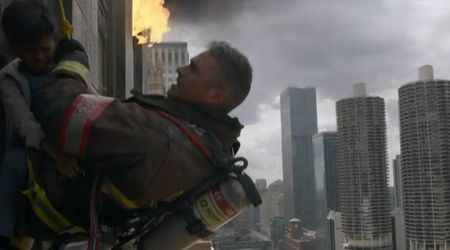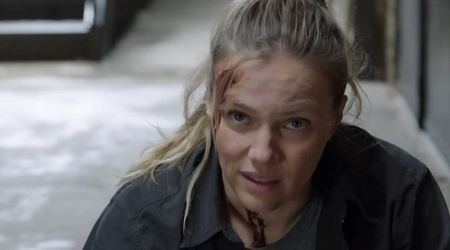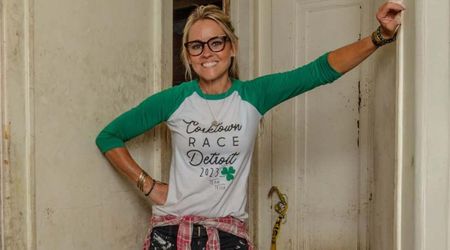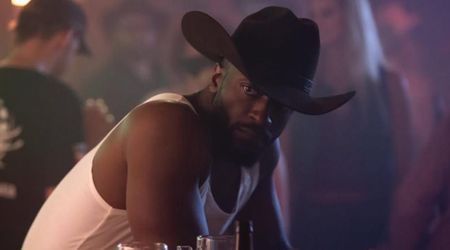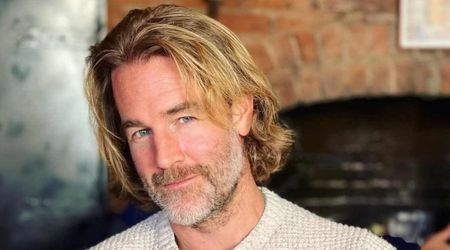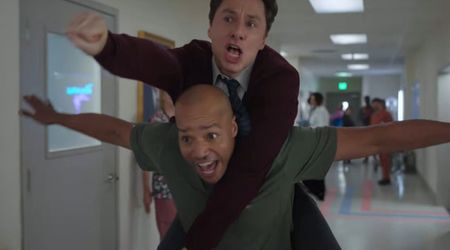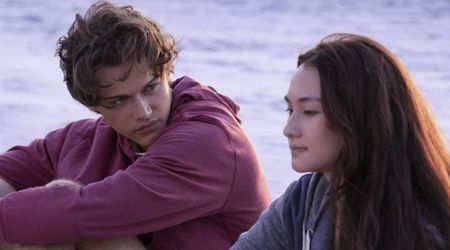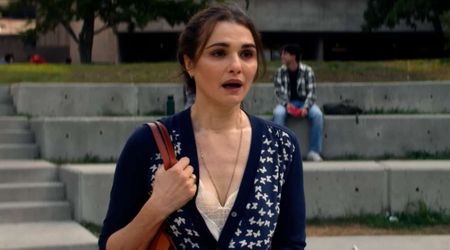How are network TV shows handling Black Lives Matter? From 'Chicago PD' and 'Law & Order: SVU' to 'SWAT'

Spoilers for 'Chicago PD' Season 8 Episode 1, 'Law & Order: SVU' Season 22 Episode 1 and 'SWAT' Season 4 Episode 1
With the return of television shows during 2020's delayed fall season due to the ongoing COVID-19 pandemic, there was an increased focus on one particular type of drama. Police procedurals often have high viewerships and while they occasionally come under fire for certain plot points, never before have they had such intense scrutiny on them given the Black Lives Matter protests that have dominated this year. While until now cop dramas could ignore them and relatively continue unscathed, it became increasingly clear that television had to address police brutality against Black people.
Last week, three popular police procedurals returned to television with new episodes: NBC's 'Chicago PD' with its eighth season, NBC's 'Law & Order: SVU' with its 22nd season, and CBS's 'SWAT' with its four seasons. Interestingly, all three shows took somewhat different approaches to the issue at hand, with 'Chicago PD' and 'Law & Order: SVU' being more similar -- this is no surprise given that they are both Dick Wolf shows – in that they handled it head-on with the very first cases of the season, whereas 'SWAT' took a more indirect, yet more personal approach. We take a look at the season premieres for all three shows and rank them based on how they tackled the issue of racial bias within the American police. We are only including shows that significantly included the matter as a major plot point.
Best: 'Law & Order: SVU'
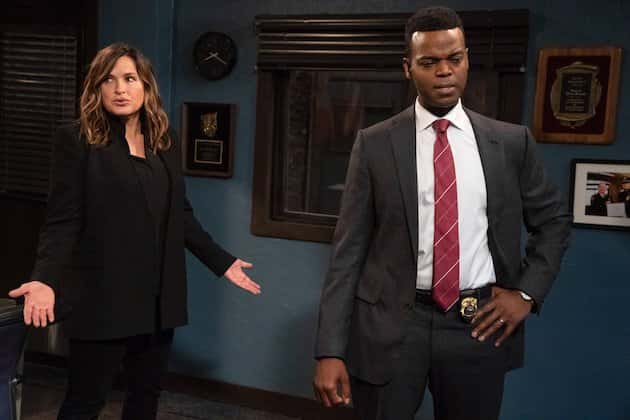
It is no surprise that 'Law & Order: SVU' has tackled the issue of racial bias and police brutality with more expertise than any other show on the list, after all, it is the longest-running show in primetime television. In the show's Season 22 premiere, we start with a Black man wrongfully arrested after a White woman calls the cops on him in the park. He is initially accused of assault and rape, but it is later revealed that he is innocent. Due to SVU's mistake, the actual culprit is able to get away as well.
Now, the remarkable thing here is that in tackling this issue, the writers opted to put Detective Olivia Benson (Mariska Hargitay) right at the center of it. We wouldn't expect Olivia to be racist, and she isn't, but the show makes it clear that racial bias is systemic and exists even when one does not realize it. When Olivia is asked as to why she checked the Black man's records, but not the White woman's (who has a history of making false accusations), Olivia realizes that she had been too focused on the victims to realize that racial bias was affecting her work, even unconsciously. Another interesting aspect to note is that the show also brought up Olivia's past in using New York City's Stop-and-Frisk policy, and how she racially profiled Black men in the past. This is important, but we will get to that when we discuss 'Chicago PD'.
Commendable: 'SWAT'
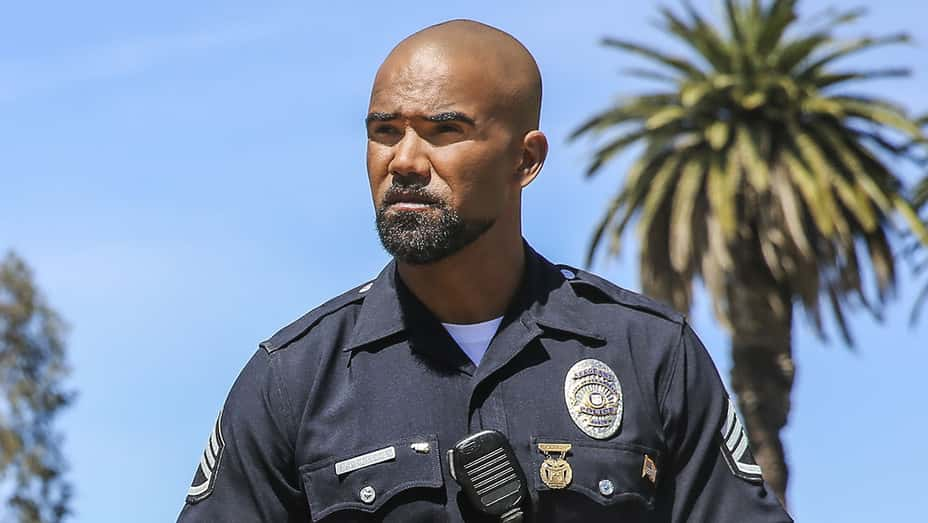
As mentioned before, the case that 'SWAT' handles in its Season 4 premiere was not directly related to the Black Lives Matter issue. However, seeing as it is set in Los Angeles, the show obviously centered on the 1992 Los Angeles riots that had broken out after Rodney King's killers (who were policemen) were not charged for his murder. The first episode deals majorly with how Sergeant II Daniel "Hondo" Harrelson Jr (Shemar Moore) and his father Daniel Sr (Obba Babatundé) remember the issue -- they were on opposing sides. While Daniel Sr knew the system was flawed, Hondo found it harder to accept, defending the police thinking that there might have been some evidence that exonerated them.
In the end, however, father, son, and Hondo's son all go to a protest and the trio takes the knee in front of a memorial of George Floyd, Breonna Taylor, and all the other people who were unnecessarily killed by police as the show reminds us that things have not changed in the 28 years since the death of Rodney King.
Here's another commendable aspect from the premiere: Latasha Harlins, the young girl who was killed by a Korean-American shopkeeper -- who got away with just probation, community service, and a fine -- a year before the Rodney King riots, is often forgotten in conversations about Black people wrongfully killed. That the show mentioned Latasha a few times touched our hearts.
Worst: 'Chicago PD'
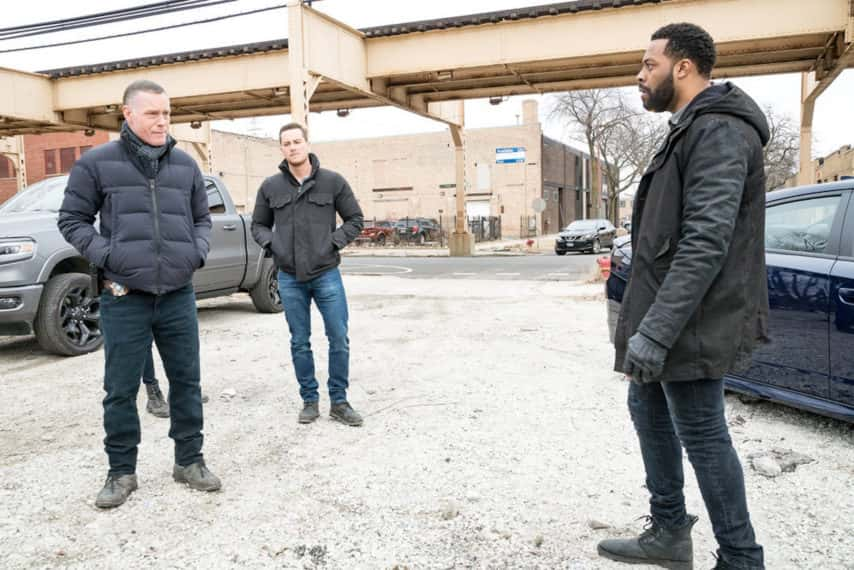
To be fair, 'Chicago PD's' Season 8 premiere was not truly terrible and the show did make the issue the very central aspect on not one, but two storylines. One was the continuation of last season's finale, where Officer Kevin Atwater (LaRoyce Hawkins) was being harassed by other officers because he chose to speak the truth about a dead cop being racially motivated when the latter pursued two Black men. The other came with the case of the week for the Intelligence Unit.
Atwater's story was, of course, the highlight of the episode, and that in itself would have been enough. It's understandable why he feels isolated -- none of his colleagues with the Intelligence Unit truly understand what he is going through, and when Sergeant Hank Voight (Jason Beghe) tells him he needs to compromise, we don't feel that Voight is being supportive enough. However, the episode was only the first part of a two-parter, so we are looking forward to seeing how the plot ends this week.
The other aspect -- the one we have a real issue with -- is that neither Hank Voight nor 'Chicago PD' seems sincere in the way it wants to address police brutality. Voight's character is popular because he resorts to any method to get suspects to confess. There are a few problems here. One, what if the suspect is innocent? We saw this in the previous season when a man suspected of killing two children turned out to be innocent. However, since he was put in county jail to intimidate him into confessing, he was beaten up by other inmates for the crime, and he died from the injuries. The man was arrested because a facial recognition system that was said to be 99 percent accurate turned out to be less accurate for people of color, and even less so for Black people. Rather than clearing the man's name – because that would put one of Voight's team in serious trouble – Voight instead got the children's relatives to enact a citizen's justice on the actual killer. This is where 'Law & Order: SVU' acknowledging Olivia's past becomes important. Clearly, the 'Chicago PD' storyline is more abhorrent, and yet it does not seem like the show plans to ever address it.
Another issue with Voight's method is that even if the suspect is truly guilty, what gives him or his officers the right to physically and/or mentally assault them? If that is the only way they can get their cases solved -- and it seemed that way when the suspect walked free in the Season 8 premiere --, then they are clearly not doing their jobs well. Rather than acknowledge his methods are wrong and he needs to change, Voight seemed very resistant -- and this was reflected in the show's attitude as well. While 'Law & Order: SVU' understood accountability and the acceptance of it, 'Chicago PD' seemed to treat the issue as an inconvenience.
'Chicago PD' airs on NBC on Wednesday nights at 10/9c. 'Law & Order: SVU' airs on NBC on Thursday nights at 9/8c. 'SWAT' airs on CBS on Wednesday nights at 9/8c.


